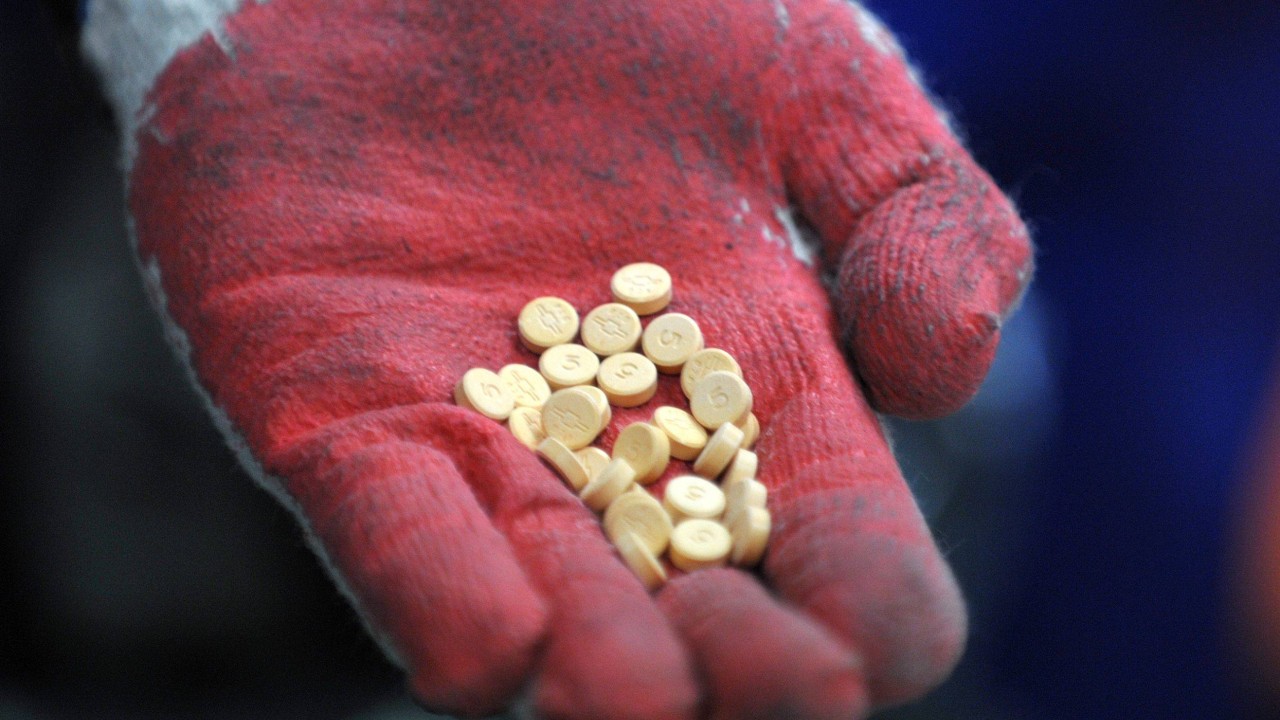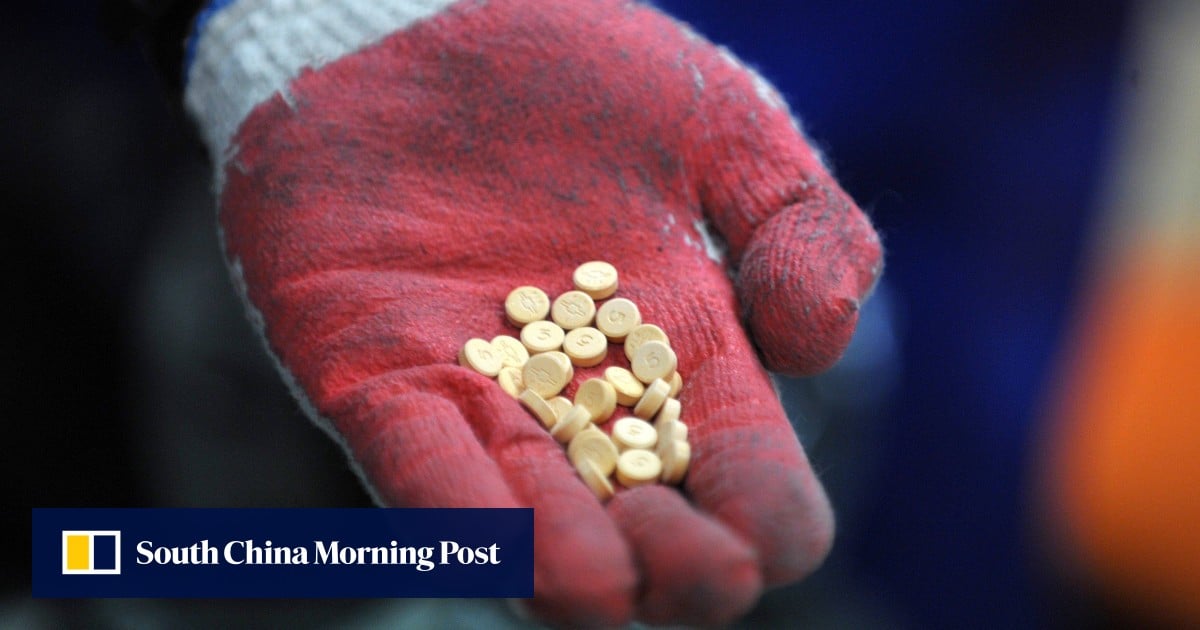
Malaysia, once notorious for its draconian death penalty for drug trafficking and harsh sentences for narcotics use, is slowly shifting towards rehabilitation.
“After four decades of waging war against drugs, there is a necessity to employ new elements in our approach,” Home Minister Saifuddin Nasution said last month – underscoring the pivot away from a policy that has left the country’s prisons overflowing with low-level offenders, while drugs like methamphetamine and cannabis continue to flood the streets.
Malaysia abolished its mandatory death penalty for drug trafficking last year. The zero-tolerance approach, still rigidly enforced in neighbouring Singapore, was previously one of the harshest globally – punishing possession of as little as 200 grams of cannabis or 15 grams of heroin with execution.
With its repeal, judges now have the discretion to impose life sentences instead, and those on death row have appealed their sentences. Though whether any drug offenders have been sentenced to death since the law changed remains unclear.
This evolving legal landscape has sparked discussions about the potential for decriminalisation and rehabilitation in Malaysia.

